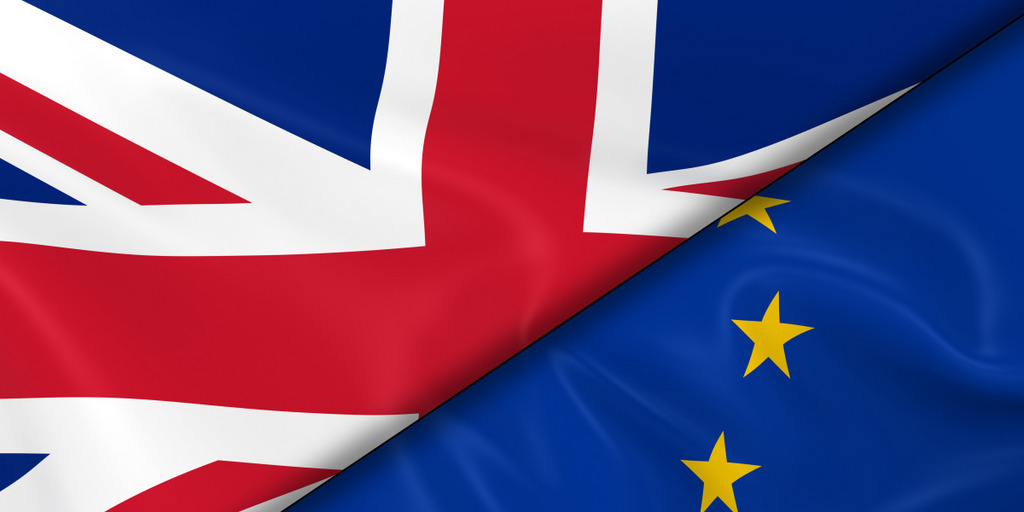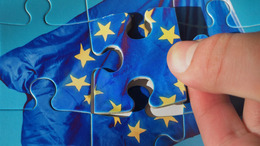There are certainly many reasons for the people´s estrangement from the EU but one stands out: It is the deepening societal division between those living in the urban centres, who are profiting a lot from globalisation, and those who live in the countryside or in former industrial locations who increasingly feel left behind and forgotten.
Hitherto, the EU´s reaction to crisis was to call for further deepening. This is also the case after the British leave vote. Proposals were issued for a European Army to become the new focal point of future integration or the call was on for a deeper integration of the Eurozone including the mutualisation of losses. But would more integration be the right answer to the question of growing populism both from the right and the left wing forces that throw all their weight behind having their countries leaving the EU?
In their commentary Steven Blockmans from the Centre for European Policy Studies in Brussels and Stefani Weiss argue that neither muddling-through nor activism will be of any help. Rather they see that it is time for the EU to pause and to consider thoroughly why so many European citizen see the EU as a problem and not as part of the solution.







